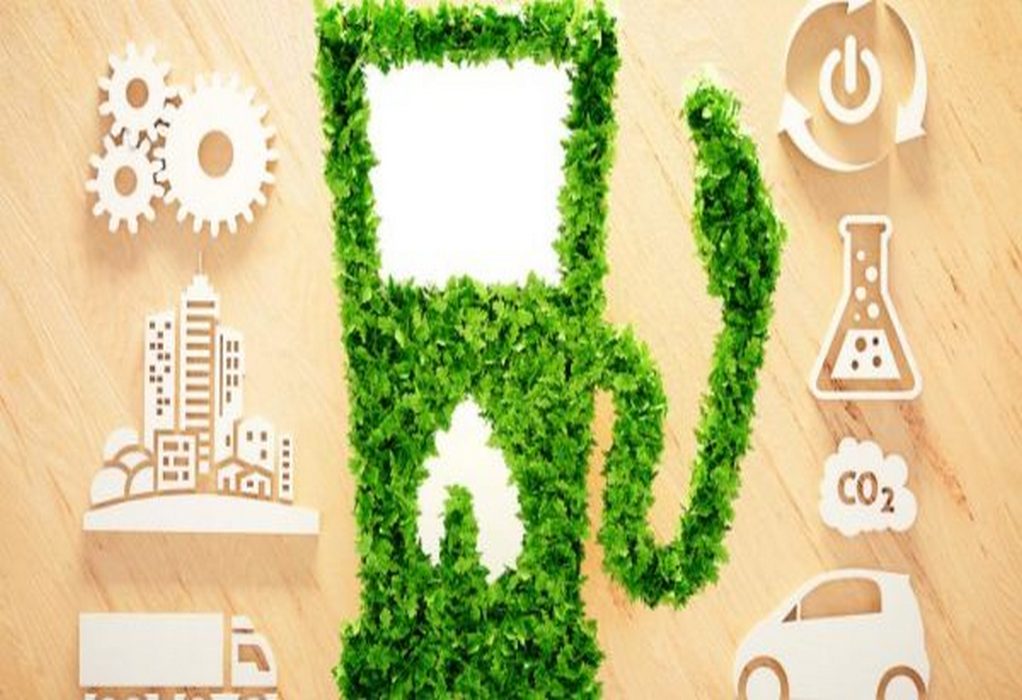Saipem’s drilling and construction vessels could be running on biofuels following a Memorandum of Understanding signed with Eni Sustainable Mobility. The two companies noted in a joint statement that particular attention will be given to operations in the Mediterranean Sea. Saipem’s fleet for drilling and construction includes 45 vessels.
Through the MoU, both companies are strengthening their mutual efforts to diversify energy sources and reduce the carbon footprint across offshore operations. Eni has been producing biofuels since 2014, as it converted its Venice and Gela refineries into biorefineries, which, as the statement stressed, have been palm oil free since the end of 2022.
Eni is using its proprietary Ecofining technology to process vegetable raw materials or animal waste and HVO (Hydrotreated Vegetable Oil) biofuel products. According to Eni’s plan to hit carbon neutrality by 2050, biofuels are a major strategic pillar. Eni is focused on a decarbonization process aiming to reduce emissions from industrial processes and products.
Both companies will bring their respective expertise to the table with Eni Sustainable Mobility being among the first producers of biofuels in Europe. The company aims to bring its global expertise in providing solutions to reduce carbon emissions.
Saipem is committed to the energy transition and has set a target of increasing the share of alternative fuels used by its fleet which would result in lower emissions, not only for Saipem but its clients as well.
Tags: Construction, Eni, Fleet, Saipem, Vessels



Recent Posts
Hygenco Commissions Maharashtra’s First Green Hydrogen and Oxygen Facility to Power STL’s Net Zero Goals
India Invites Second Round of R&D Proposals Under ₹4 Billion Green Hydrogen Mission
BMTC Adds 148 Tata Electric Buses to Bengaluru Fleet, Strengthens Green Mobility Drive
MITSUI E&S Deploys Hydrogen Fuel-Cell RTG Crane at Yokohama’s Minami Honmoku Terminal
WinGD’s first ammonia-fuelled engine installed on EXMAR vessels
DP World and Asian Terminals Inc deploy first fleet of electric internal transfer vehicles in the Philippines
Lloyd’s Register Decarbonisation Hub Joins Mærsk Mc-Kinney Møller Center as Knowledge Partner
Wärtsilä engines selected to deliver reliable power for US data center